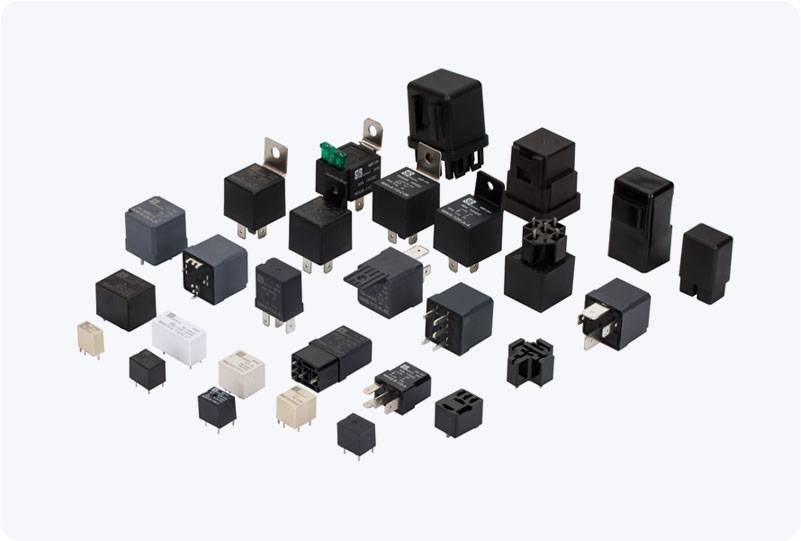understanding motor overload relay: protection and importance in electrical systems
Release time:2025-10-20 00:54:45
A Motor Overload Relay (MOR) is an essential component in industrial and commercial electrical systems that ensures the safety and longevity of electric motors. These relays serve a critical role in protecting motors from potential damage caused by excessive current or thermal overloads, which could otherwise lead to motor failure, expensive repairs, or even hazardous situations. In this article, we will explore the importance of motor overload relays, their functionality, types, and applications.

What is a Motor Overload Relay? A Motor Overload Relay is a protective device designed to detect when an electric motor is drawing more current than its rated capacity. If the current exceeds the set threshold, the relay interrupts the power supply to the motor, thus preventing overheating and subsequent damage. The key purpose of this relay is to safeguard the motor from thermal overloads or sustained overcurrent conditions, which can arise from factors such as mechanical failure, excessive load, or electrical faults. The overload relay ensures that when a motor operates beyond its safe operational limits, it automatically shuts down to prevent further damage. Once the fault condition is cleared, the relay can be manually or automatically reset to resume the motor's operation.

